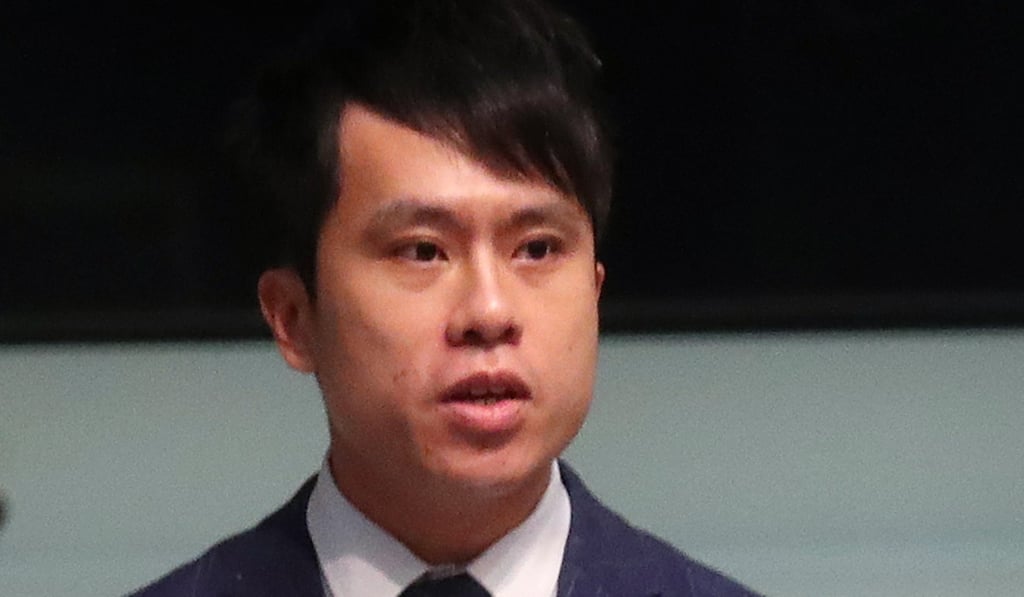Noisy performers in Hong Kong’s public parks face higher fines, risk being blacklisted
- Lawmakers on the home affairs panel urge the Leisure and Cultural Services Department to review rules related to noise nuisance

Performers who repeatedly cause noise nuisance could be blacklisted and retired police officers hired to step up enforcement under a raft of measures officials revealed on Monday to minimise the problem in public spaces.
The plans were unveiled as lawmakers on the home affairs panel passed a non-binding motion to urge the Leisure and Cultural Services Department (LCSD) to review the rules to mitigate noise nuisance in parks, eliminate cash rewards for the performers and increase penalties.
A member of political party the Democratic Alliance for the Betterment and Progress of Hong Kong, Edward Lau Kwok-fan, said the current punishment for offenders may be too lenient.
“We are aware that some of the singers and dancers even receive rewards at the parks,” the politician added.
“In the past, those prosecuted were given a fine of HK$1,200 (US$152). While there’s a culture of giving out rewards, they surely receive more than HK$1,000 every day, so will the LCSD consider enhancing the level of fines?” Lau asked.
